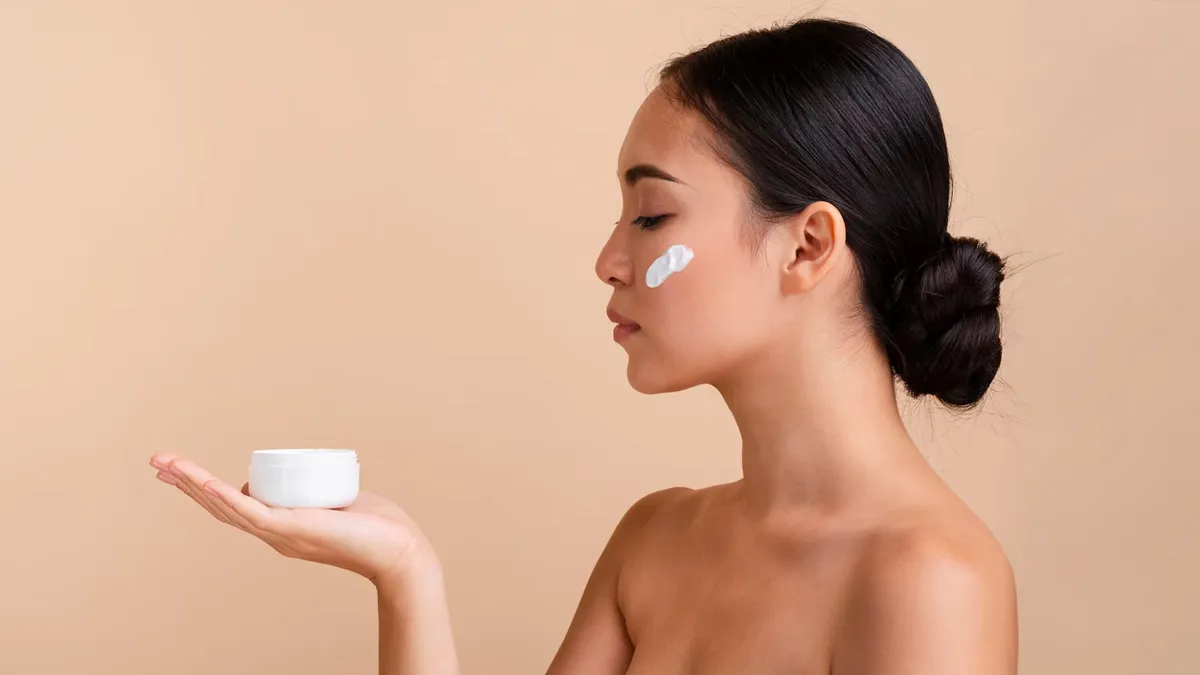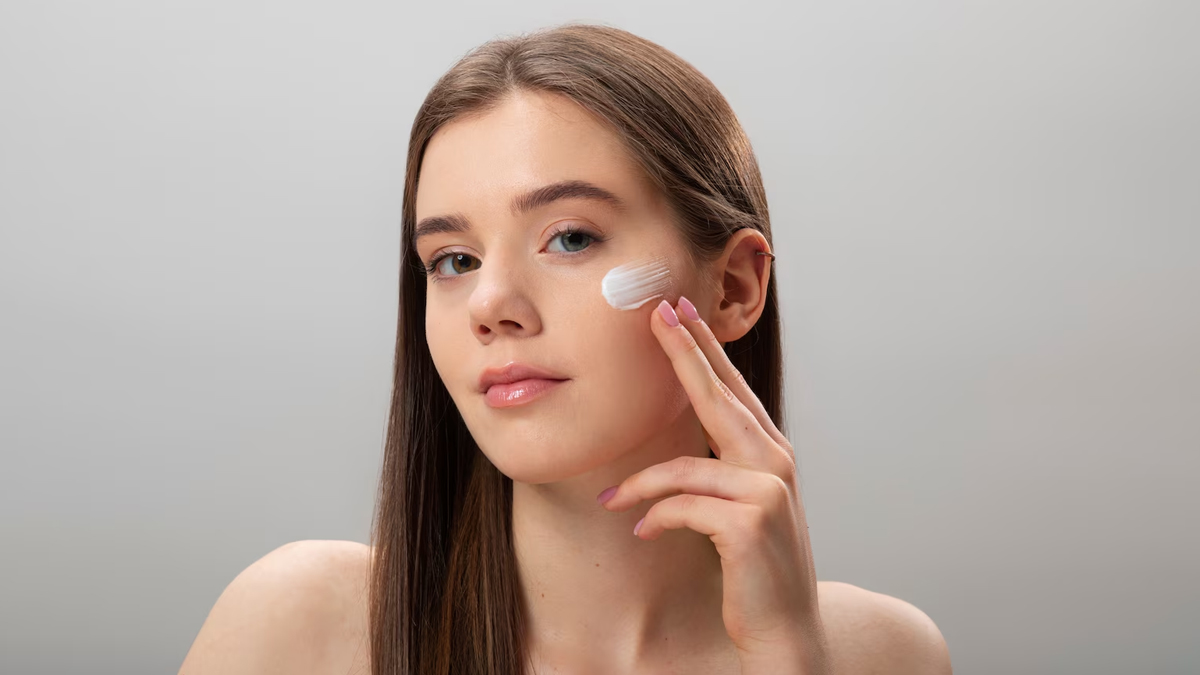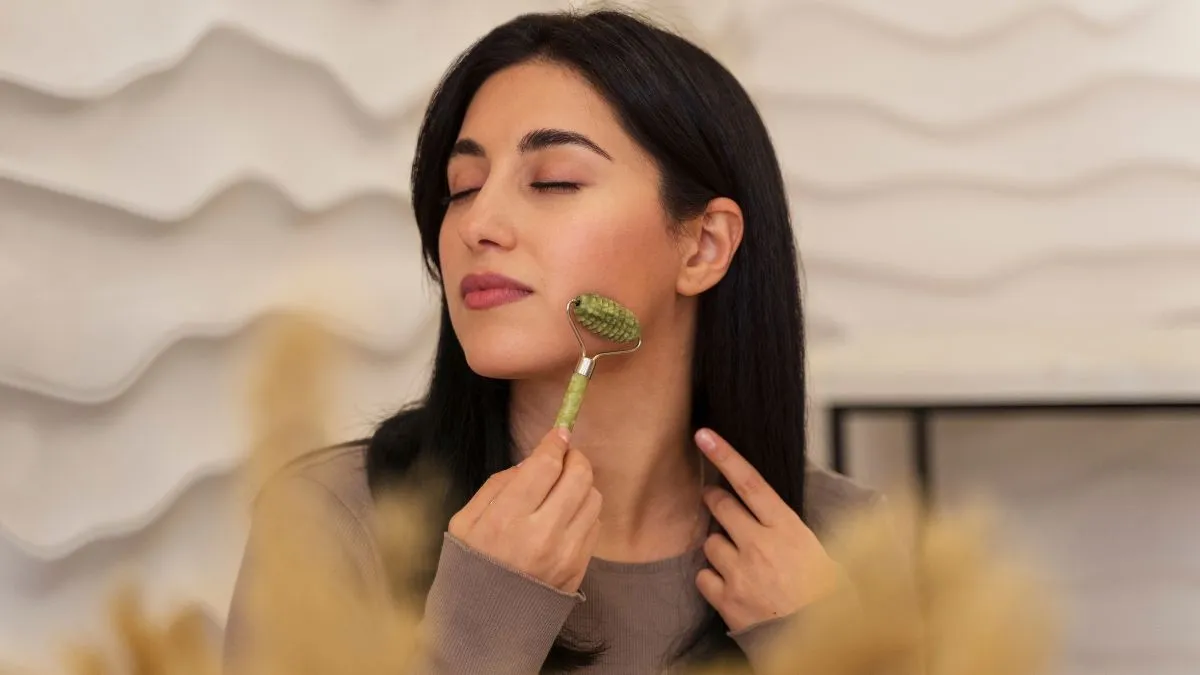
In the beauty aisle, probiotics products are seen all across, from moisturisers and serums to face masks. Probiotic skincare has quickly become one of the buzziest trends, promising balanced skin, fewer breakouts, and a stronger skin barrier. But do these topical good bacteria actually work, or is it just clever marketing dressed in science?
Table of Content:-
We reached out to our expert, Dr Vidushi Jain, Dermatologist and Medical Head, Dermalinks Clinics, Noida and Ghaziabad, and here’s what dermatologists have to say.
What Are Probiotics in Skincare?
Probiotics are live microorganisms that promote a healthy microbiome, which are the bacteria, yeast, and microbial ecosystem on the skin. Our skin, like the gut, requires a balanced microbiome to remain healthy. Skincare products put actual live cultures or, more typically, probiotic derivatives such as lysates, ferments, and postbiotics to help your skin's natural barriers.
How Probiotics in Skincare Improve Skin
According to Dr Jain, probiotics in skin care are formulated to:
- Harden the skin barrier by preserving microbial balance
- Lessen inflammation associated with acne, rosacea, and eczema
- Hydrate better by avoiding moisture loss
- Calming sensitivity and facilitating repair following irritation or over-exfoliation
“These benefits make probiotic creams particularly appealing to individuals with acne-prone, sensitive, or dry skin,” she explained.
Also Read: Cough Syrup Controversy: Can It Lead to Deaths? What We Should Know

Do Probiotic in Skincare Really Work?
Probiotic skincare can provide actual benefits, said Dr Jain, but with certain conditions. These may include:
- Assists in balancing: Research indicates that an imbalance of bacteria (dysbiosis) can lead to acne, dermatitis, and breakouts. Topical probiotics can limit the proliferation of pathogenic bacteria and enhance the overall state of the skin.
- Reinforces skin barrier: Fermented extracts and postbiotics used in creams can enhance water retention and barrier function.
- Can lower flare-ups: In cases of eczema and rosacea, probiotics can soothe inflammation and support the skin microbiome.
However it is important to note that:
- Not all products have live cultures: Some "probiotic" creams contain extracts or inactive ingredients instead of actual live bacteria.
- Limited research to show it works long-term: Science is still in development, and outcomes vary based on formulation, strength, and skin type.
- Marketing can be misleading: Descriptions such as microbiome-friendly or probiotic-infused are not regulated, so marketers can apply them loosely.
Also read: Quitting Smoking Even Later in Life May Shield Your Brain, Says New Study | Here's How To Do It

Who Might Benefit the Most from Probiotic Skincare?
Dr Jain also highlighted that probiotic creams can be particularly useful for the following set of people:
- Sensitive or easily irritated skin
- Mild acne or redness
- Dry or compromised skin barrier
- Anyone overusing actives such as retinoids or acids
But if you suffer from cystic acne or severe inflammatory skin issues, probiotics won't substitute medical treatment alone.
Bottomline
Probiotic face creams aren't hype, but also not magic. When formulated well, they can help heal the skin barrier, calm irritation, and help balance. Yet not all products live up to their claims, and expectations must be realistic. They are best used within a gentle routine and not as a solo fix-all.
Also watch this video
FAQ
1. Will probiotic creams cure acne?
They can decrease mild inflammation and bacterial imbalance but won't cure cystic or severe acne on their own.2. Does this include live bacteria in the products?
Most creams employ probiotic extracts or postbiotics, rather than live cultures, to ensure stability and safety.3. Can I use probiotic skincare every day?
Yes, dermatologists find them safe to use every day, particularly for dry, sensitive, or irritated skin.
How we keep this article up to date:
We work with experts and keep a close eye on the latest in health and wellness. Whenever there is a new research or helpful information, we update our articles with accurate and useful advice.
Current Version
Oct 14, 2025 18:26 IST
Published By : Tanya Srivastava